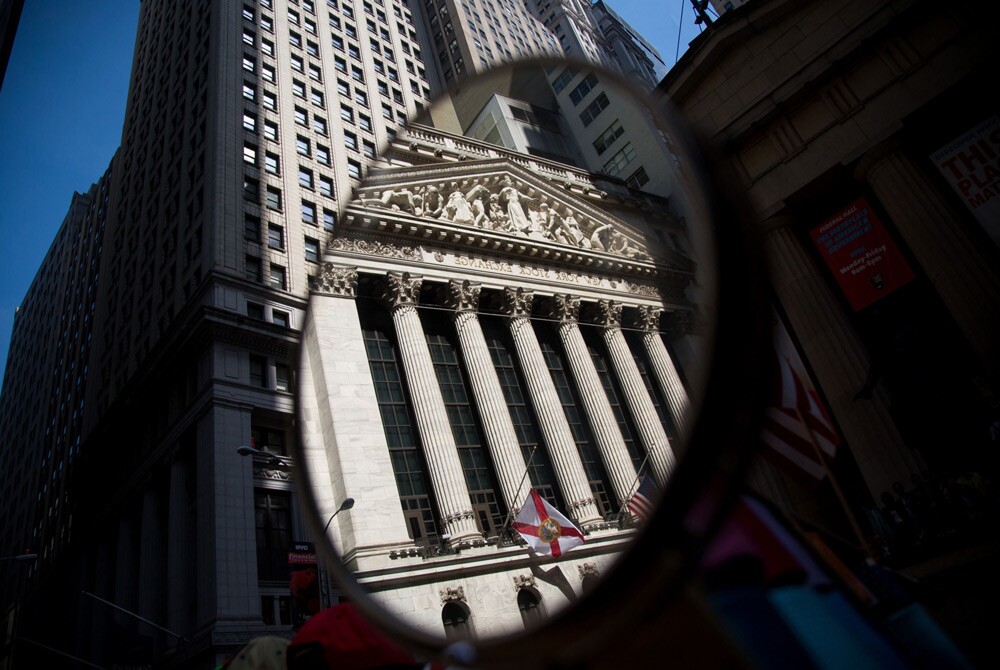Investors are betting big that secondaries funds can capitalize on the market dislocations triggered by the pandemic. Recent history indicates they may be right.
“Secondaries funds launched at times of financial market stress exhibit a clear tendency to outperform,” according to Preqin. The private markets data firm found that secondaries vehicles raised during the 2008 financial crisis and European debt crisis beat private equity funds overall by up to 216 basis points per year.
Secondaries funds raised in 2008, for example, have delivered a median net internal rate of return of about 13 percent since inception, compared with just under 12 percent for all private equity funds. Outperformance increased for secondaries funds launched the following year, with 2009 vintages earning a median net internal rate of return of almost 15 percent, versus just over 12 percent for private equity funds generally.
“This may go some way to explaining the record amount of fundraising allocated to secondaries, as investors anticipate a bumper year for returns,” wrote Cameron Joyce, vice president of research insights at Preqin.
With $43 billion already committed to secondaries funds closed this year, fundraising totals have already surpassed the full-year record of $42 billion set in 2017, according to Preqin. The surge in fundraising has primarily been driven by mega funds, including Ardian’s ASF VIII, the largest secondaries fund ever raised at $19 billion.
[II Deep Dive: 2020 Could Be the Biggest Year Ever for Secondaries Fundraising]
“Secondaries investors are anticipating that financial market dislocations triggered by Covid-19 will put pressure on [limited partner] liquidity,” Joyce wrote. “This should increase the supply of assets available at discounts to fair value.”
While the rapid rebound of public markets this spring helped many limited partners avoid forced selling earlier this year, Joyce said that institutions including university endowments and corporate pensions will likely look to offload private equity stakes as they grapple with continued liquidity challenges. Deals are also expected to arise from limited partners seeking to rebalance their portfolios following the publication of second-quarter valuations for private assets.
“Secondaries funds will still be on the lookout for distressed sellers that need to raise cash,” he wrote. “History suggests that the 2020 vintage has a good chance of delivering superior returns and outperforming private equity funds as a whole.”







